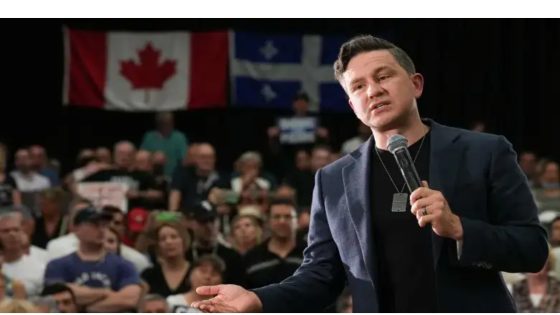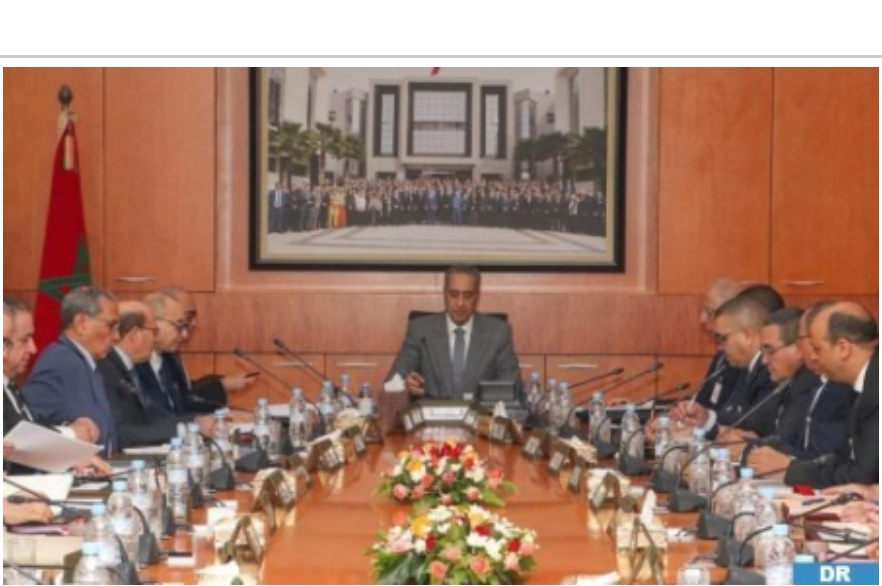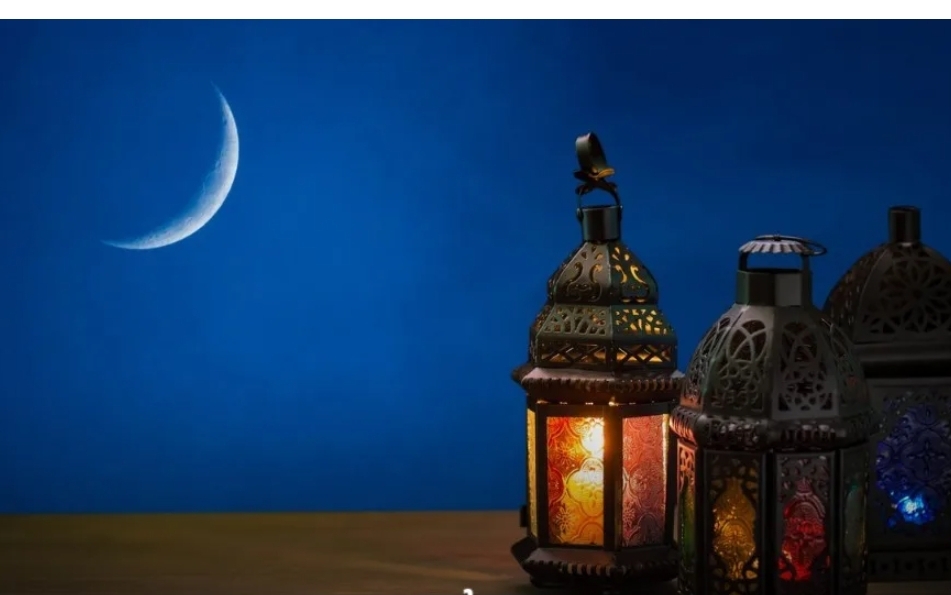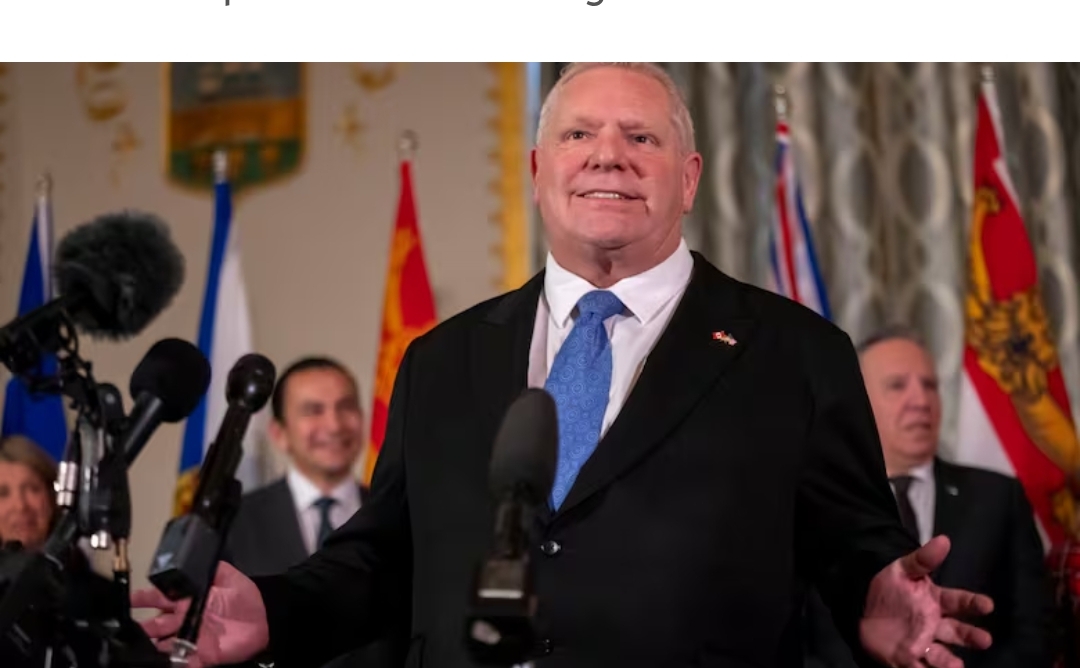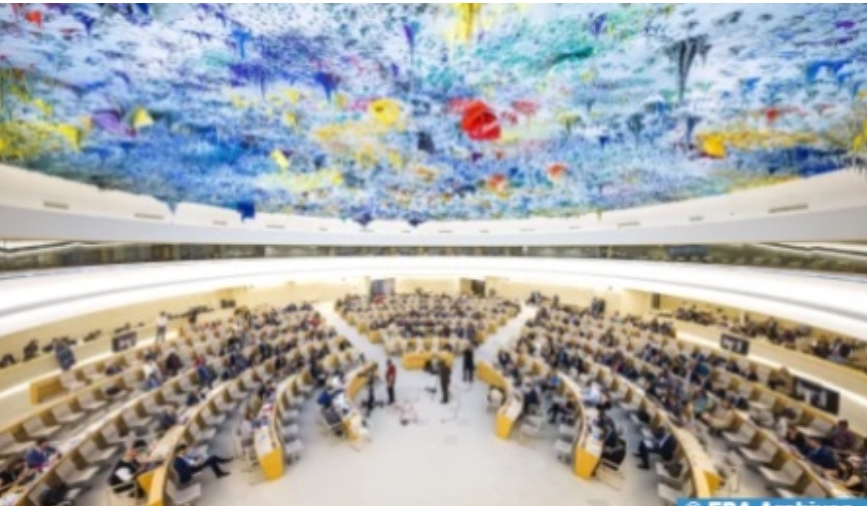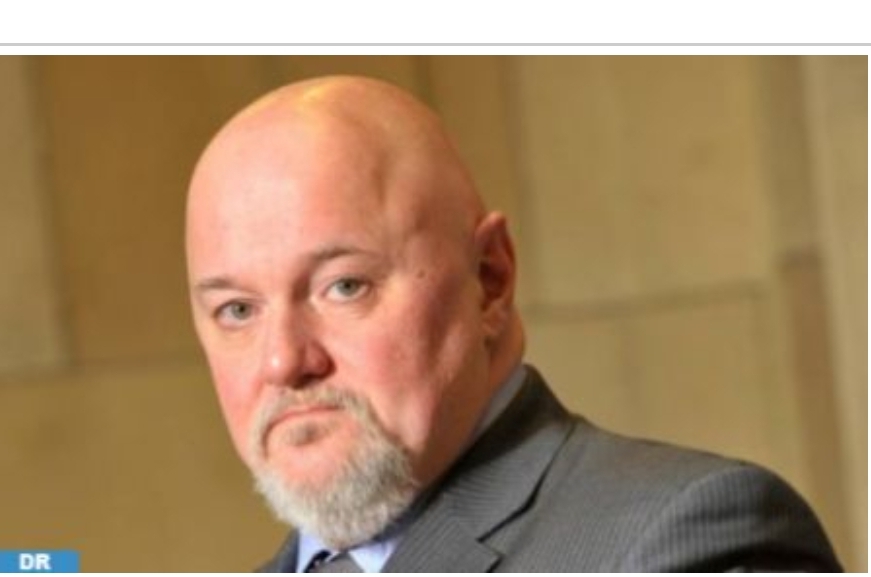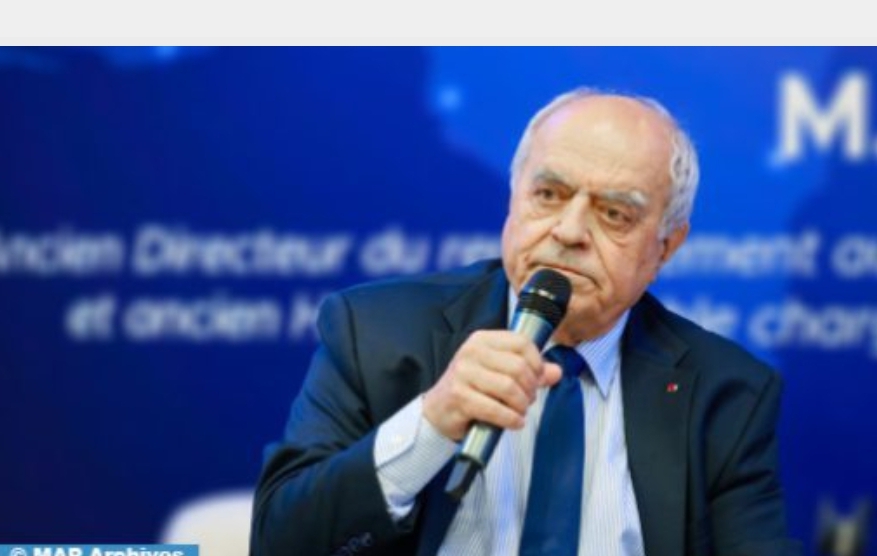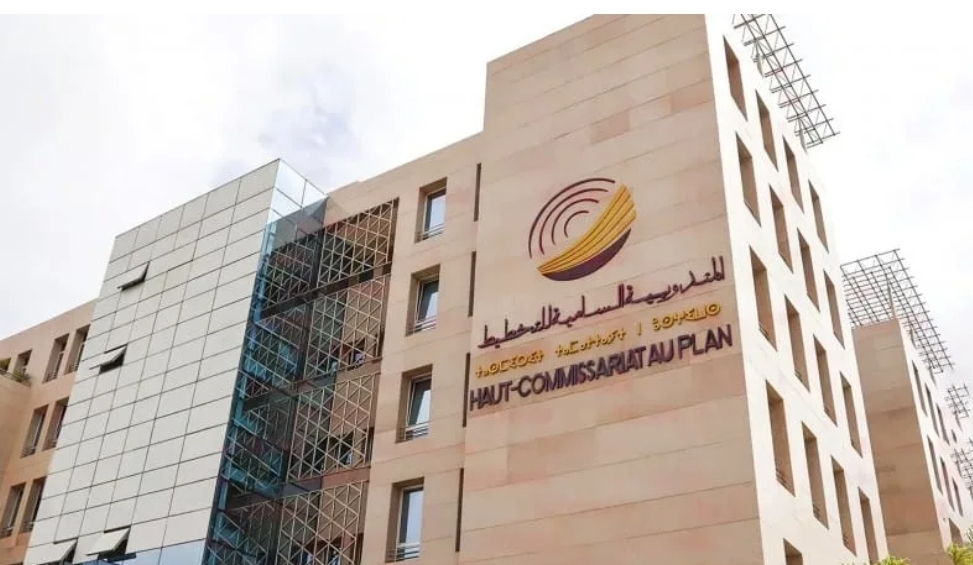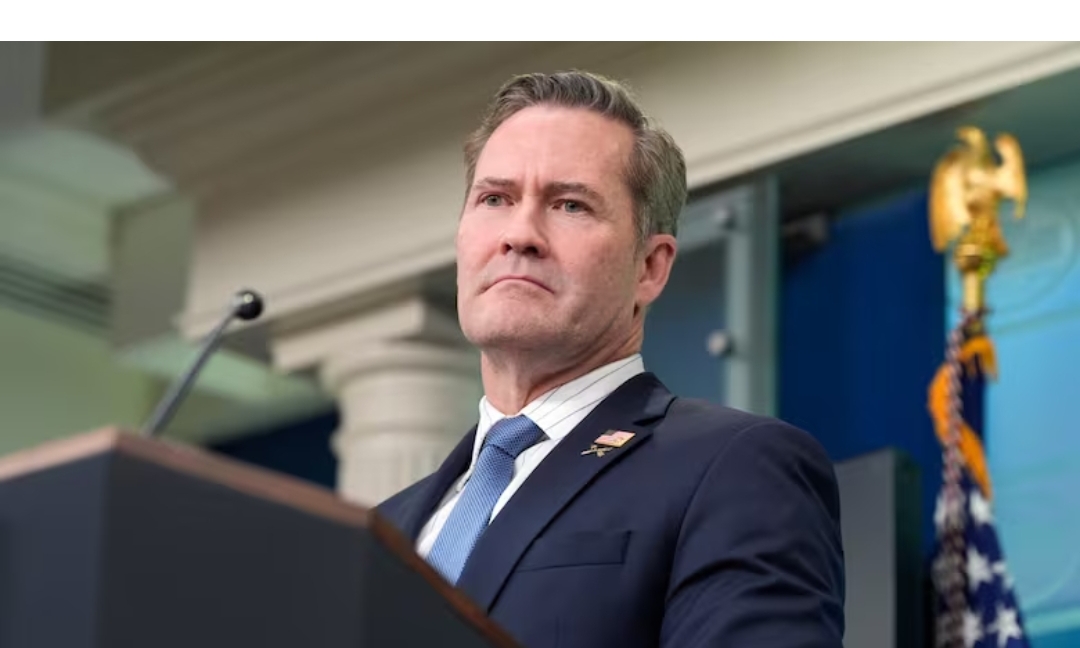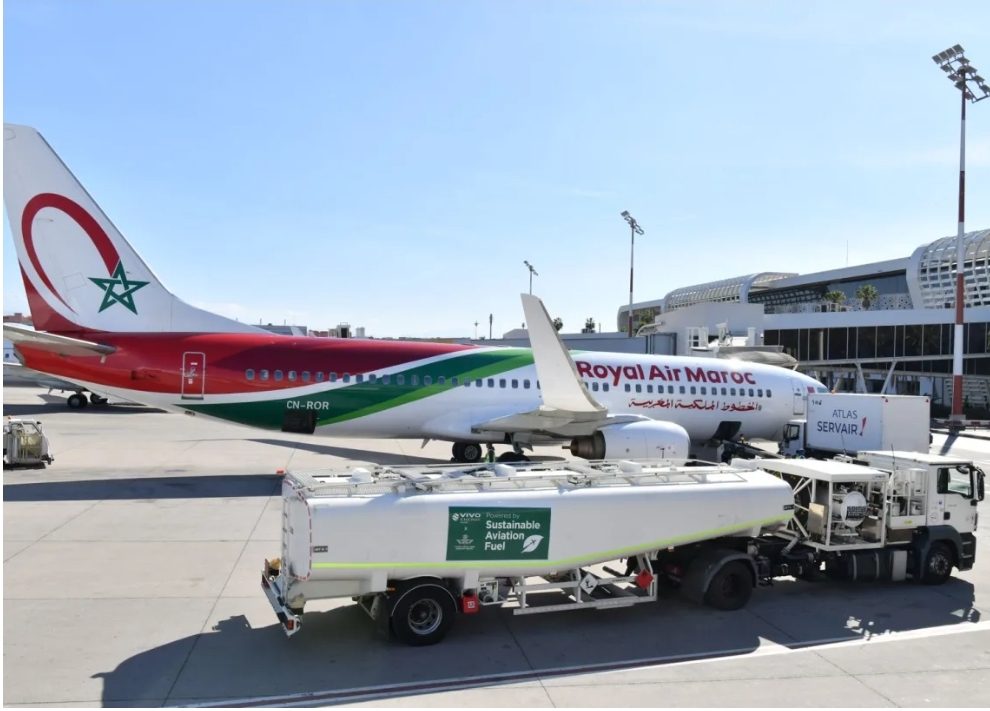Assahafa.com
Listen to Pierre Poilievre list his top priorities — cutting taxes, building homes, reducing the federal budget and fighting crime — and you won’t hear a specific mention of Canada’s military.
The Conservative leader has pledged to change the culture of the Canadian Armed Forces from what he calls a “woke” culture to a “warrior” one. He has suggested he’s prepared to increase the military’s resources. But what exactly would defence policy under a Poilievre government look like?
The current federal government is facing growing pressure to spend billions of dollars more to meet NATO’s military spending target for member nations — two per cent of GDP. Prime Minister Justin Trudeau is confronting that pressure as he meets with leaders of other NATO countries in Washington this week.
The Conservative leader faces a different kind of pressure. He has to square his vows to “bring home control of our country and our defence” and “work towards” NATO’s spending target with his core pledge to cut government spending with an eye to balancing the budget.
“That’s pretty tricky math to accomplish in a short time frame,” said Dave Perry, president and CEO of the Canadian Global Affairs Institute.
A $50 billion gap
A Conservative government would have to increase the defence budget by somewhere between $10 and $15 billion five years from now — above and beyond the commitments already made by the Liberals — in order to meet the NATO target, Perry said.
In the meantime, the Conservatives also would look to slash deficit spending — pegged at nearly $40 billion in the most recent Liberal budget.
Poilievre also has called for a cultural shift within the Armed Forces. “We’re going to end the woke culture and we’re going to bring back a warrior culture,” he told a reporter earlier this year.
It’s a shift that some members of the Armed Forces are eager to see, said Peter MacKay, who served as defence minister from 2007 to 2013 under Prime Minister Stephen Harper.
“There has been a feeling that there was a bit of an overcorrection, I think, in the last number of years,” MacKay said when asked how he interprets Poilievre’s comments.
Peter MacKay acknowledges the Harper government never met NATO’s spending target. He argues the Canadian electorate is more willing now to spend money on rebuilding the military. (Jacques Boissinot/Canadian Press)
Poilievre’s “woke” versus “warrior” language is not meant to signal a rejection of the military’s high-profile efforts to stamp out sexual misconduct, he said.
“I think there’s a blazing red line between anything that would be deemed abuse or sexual harassment and what is more in the area of overemphasis on appearances, overemphasis on changes to uniforms, to the relaxation of certain what used to be called the Queen’s orders and regulations within the military,” MacKay said. “And I think that that’s where members are bristling, particularly long-serving members.”
The Canadian military recently backtracked on a move to loosen personal grooming standards. In 2022, the Forces removed most restrictions on hair length, hair colour, nail length and facial tattoos. The changes were introduced along with new gender-neutral uniforms.
‘Large proportion’ of military disliked relaxed rules on personal grooming, survey finds
Retired lieutenant general Michel Maisonneuve delivered a speech to the Conservative Party policy convention last fall. In it, he railed against a “woke movement” he accused of working to destroy Canadian values and accused the Trudeau government of “apologizing for who we are and how we came to be.”
CBC News asked Poilievre’s office to explain the meaning of his “woke” versus “warrior” comment but did not receive a direct response — only general remarks about the Conservatives’ desire to “stand up” for the military.
Perry agreed there needs to be a “rebalancing” within the military to put more emphasis on core functions.
But striking that new balance, he said, requires money, not words — investments in core combat capabilities through purchases of fighter jets, ground vehicles, tanks and warships.
Just how much a Poilievre government would be willing to invest in those core capabilities remains to be seen.
Working ‘towards’ the NATO target
In response to a reporter’s question in February, Poilievre argued that Canada is too dependent on the United States for its defence.
“That puts America in charge of Canada’s future. I don’t want that. I want to bring home control of our country and our defence,” he said.
Does that mean a government led by him would spend the billions of additional dollars required to meet the NATO target?
Poilievre’s office provided a statement which says the party will “restore” the military, “work towards meeting Canada’s NATO spending commitment … and restore Canada as a reliable partner to our allies.”
“[Poilievre’s] language isn’t all that forceful,” said Perry. “It’s certainly not as strong as the commitment that the Government of Canada signed up to a year ago [at the NATO summit in Lithuania], but in the interim has demonstrated absolutely no intention of actually reaching.”
Recent elections in the U.K. and Europe as well as the upcoming U.S. election are one issue expected to dominate the agenda at the 75th NATO summit. The other will be defence spending — including Canada failing to meet a two per cent spending target.
Canada currently has a plan to get its military spending up to 1.76 per cent of GDP.
MacKay acknowledged that the government he served in never brought military spending up to the 2 per cent mark. But times have changed, he argued — wars in Ukraine and the Middle East, along with other sources of global tensions, have shifted the political terrain.
“It’s fair to say that more recently the public are much more informed and I think much more behind efforts to invest in the military. Mr. Poilievre, should he form a government, I think will have more wind in his sails to make those type of investments,” he said.
Asked whether he thinks Poilievre should commit firmly to meeting the NATO target, MacKay said he thinks the Conservative leader is “reserving some space to see the state of play” on government spending.
“I personally believe, and I have spoken to him about this, that he is very inclined to invest more in our military and get us to that two per cent level,” he said.
Poilievre has offered a few hints to how he might approach military spending.
Could cuts to foreign aid boost the military’s budget?
He has said he would “cut wasteful foreign aid” to “dictators, terrorist and multinational bureaucracies” to free up funds for the Armed Forces. He also has pledged to cut back on bureaucracy and reinvest in resources for troops, and to improve the military procurement process to stop “wasting billions of dollars” on defence contractors.
Poilievre’s office did not directly answer questions about how much foreign aid he expects to cut.
Redirecting some of the roughly $16 billion Canada spends annually on international development assistance would get Canada to the NATO targets, said Perry.
“But that’s not taking away some of the money going to autocracies you might not like. That’s not tweaking the development assistance budget. That’s redirecting it almost in its entirety,” he said, adding that the federal development assistance budget includes billions of dollars in aid for Ukraine.
Canadian pilots at the controls of a C-130J flying over Europe, airlifting aid for Ukraine. (Chris Brown/CBC News)
Both Perry and MacKay said they couldn’t make out what Poilievre meant by “wasting billions” on defence contractors.
Both noted that by acting more swiftly on procurement decisions, the Canadian government could save significant sums of money lost to inflation as prices creep up over time.
While Poilievre has outlined some of his approach to military policy, he has left many questions unanswered.
“Mr. Poilievre has spent very little time discussing what he would do with the Armed Forces or the future of Canadian foreign policy or their diplomatic establishment, our intelligence services, beyond some aspects of foreign interference,” said Perry.
Poilievre hasn’t said what sorts of roles he sees the Armed Forces taking on, or identified the regions of the world he considers priorities for military operations, he added.
“I think pretty much most of Mr. Poilievre’s international agenda remains to be fleshed out at this point.”
Source: cbc
